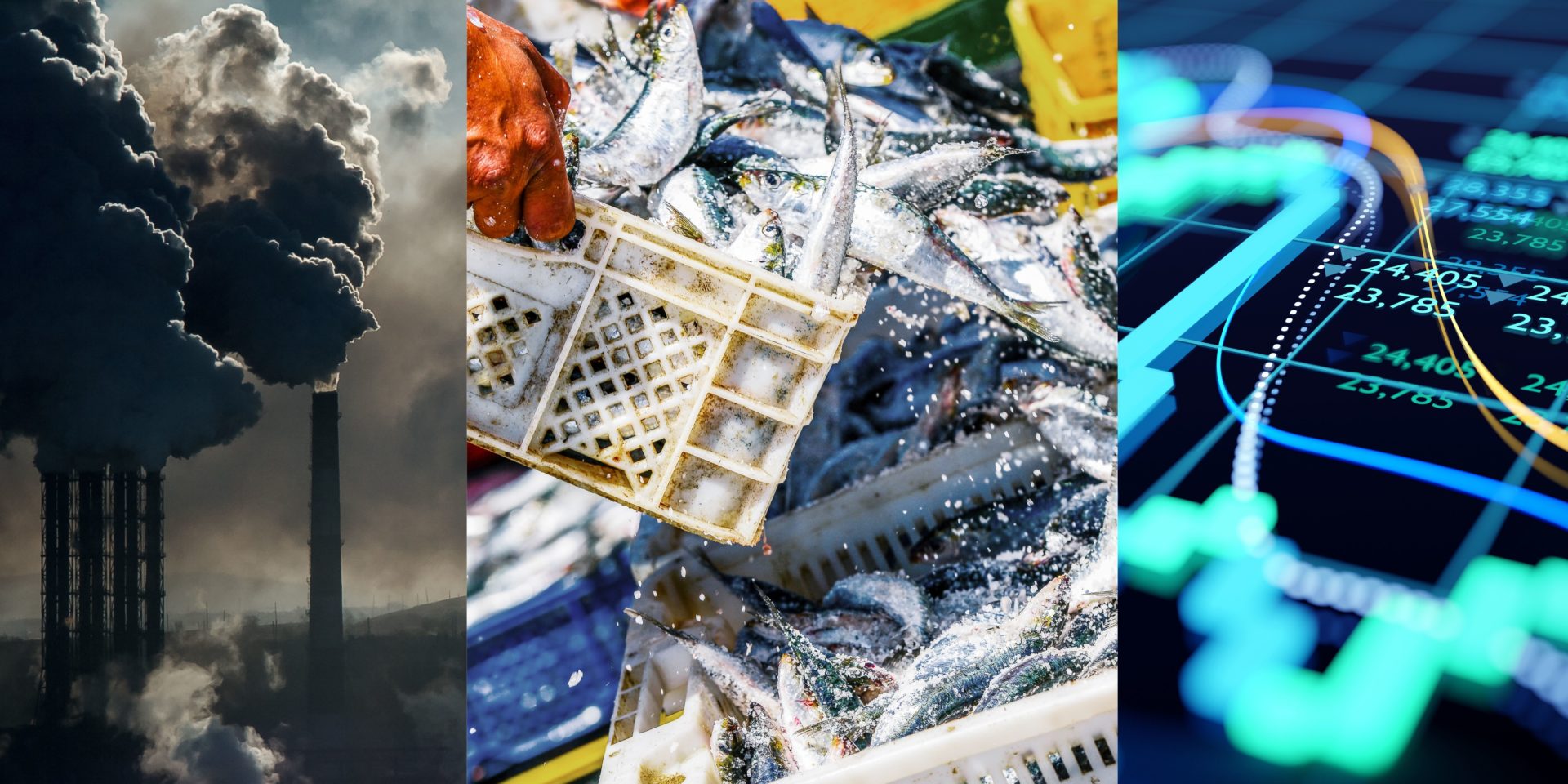
Big business including oil and renewable energy, farming, fishing, finance and whisky dominated Scotland Office ministers’ meetings last year, analysis by The Ferret has found.
We looked at all external meetings logged in 2020 by Alister Jack, Secretary of State for Scotland, UK Government ministers for Scotland David Duguid and Iain Stewart, as well as Scottish Tory leader Douglas Ross, who was deputy Secretary of State until he resigned in May that year.
Analysis showed that almost 90 per cent (168 of 188) of these meetings were with industry bodies and business groups.
Scottish Office ministers only met with two charities last year, according to their diaries – The Trussell Trust and the Marine Conservation Society UK.
Other meetings included eight meetings with the National Farmers Union of Scotland (NFUS). Although agriculture is a devolved policy area, parts of the UK Agriculture Bill introduced in January 2020 apply to Scottish farmers, such as policy around food security.
!function(){“use strict”;window.addEventListener(“message”,(function(e){if(void 0!==e.data){var t=document.querySelectorAll(“iframe”);for(var a in e.data)for(var r=0;r<t.length;r++){if(t.contentWindow===e.source)t.style.height=e.data+"px"}}}))}();Ministers also had six meetings with the Scotch Whisky Association, with Douglas Ross attending a reception hosted by the organisation last January.
Fishing featured prominently in the ministers’ diary in the year the UK left the European Union, especially for David Duguid, MP for Banff and Buchan. Regaining control over UK waters was a key aim of the Leave campaign in 2016.
Scotland office’s fishing interests
Ministers met with the Scottish Seafood Association five times, with the Scottish Fishermen’s Federation four times, twice with the Communities Inshore Fisheries Alliance and once with the Scottish Creel Fishermen’s Federation.
Five wealthy Scotttish businesses own over half of Scotland’s fishing rights, according to research by Greenpeace UK. The group of so-called “codfathers” – the campaigning organisation identified – included billionaire businessman Ian Wood.
Wood also met with Alister Jack, Secretary of State for Scotland and MP for Dumfries and Galloway, where he owns 1,200 acres of land including a dairy farm.
Opportunity North East, a flagship private sector-led consortium chaired by Sir Wood met with ministers a further six times. The not-for-profit group says its aim is to support “economic diversification and renewal” as north east Scotland moves away from its reliance on oil.
We’re facing the joint challenges of recovery from Covid-19 and a transition to net zero and all of Scotland has a contribution to make. This misses many opportunities to benefit from the expertise of civil society.
Dave Moxham, STUC
Several meetings with renewable energy companies, including Red Rock Power, also feature in the diaries. Salmon farming is also represented with five meetings with the Scottish Salmon Producers Scotland.
Iain Stewart, MP for Milton Keynes South, also held a meeting with the Equality and Human Rights Commission (EHRC) Scotland and Douglas Ross met with the Church of Scotland. Only two meetings were logged with arts organisations – Capitol Theatres and the Film House – both in Edinburgh.
The Scotland Office meetings are subject to UK lobbying rules, under which only consultant lobbyists have to register.
Our ministers regularly meet with a wide range of stakeholders from many sectors. This, of course, does include businesses as they will play an important part in Scotland building back better from the pandemic.
Scotland Office spokesperson
Dave Moxham, deputy secretary of the STUC, which had four meetings with Scotland Office ministers, said: “It’s a very disappointing balance that suggests the Scotland Office is not taking a holistic view of how either Scottish society or the economy really works.
“We’re facing the joint challenges of recovery from Covid-19 and a transition to net zero and all of Scotland has a contribution to make. This misses many opportunities to benefit from the expertise of civil society.”
A spokesperson for the Office of the Secretary of State for Scotland said: “Our ministers regularly meet with a wide range of stakeholders from many sectors. This, of course, does include businesses as they will play an important part in Scotland building back better from the pandemic.
“They also meet with industry bodies, including those in the vital fisheries sector, charities, non-governmental organizations and diplomats, as well as Scottish Government ministers, Scotland’s Local Governments and other UK Government departments.
“This ensures relevant stakeholders are taken into account throughout all stages of policy development.”
This investigation is part of our Who Runs Scotland series. We will be shedding a light on ownership and power in Scotland’s economy, environment and politics.
Help us hold power to account, for as little as £3/month.
Photo Credit: solarseven/pixinoo/Максим Шмаков/iStock














